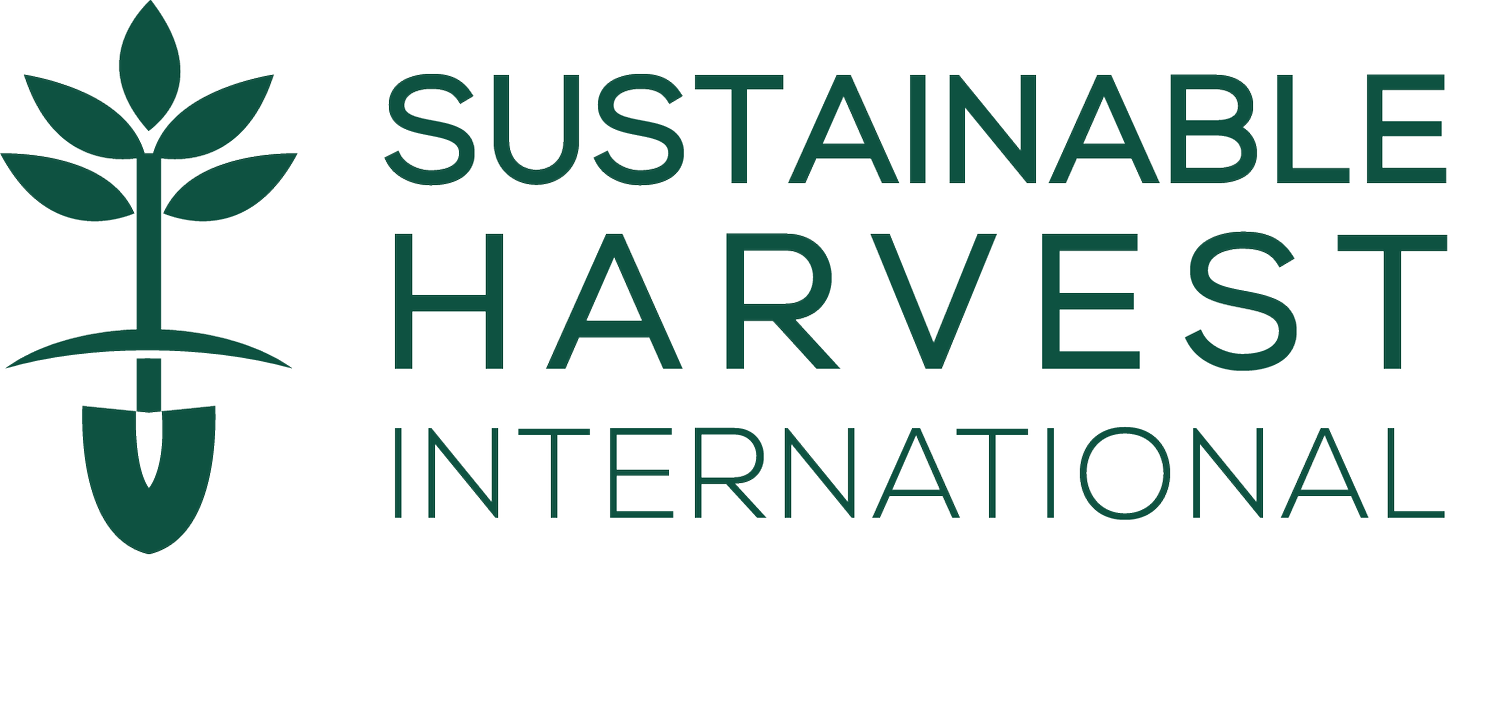TRAINING TO EXPAND ECO-AGRICULTURE (TREE) PROgram
Goals
TREE will support 250 farmers over three years. Farmers will learn how to:
diversify sustainable farming systems,
build eco-friendly small businesses, and
create strong local market partnerships.
With additional funding, SHI can reach up to 1,250 farmers, more than tripling our current reach.






